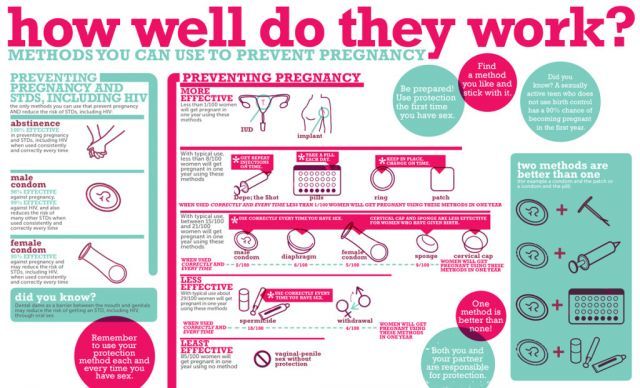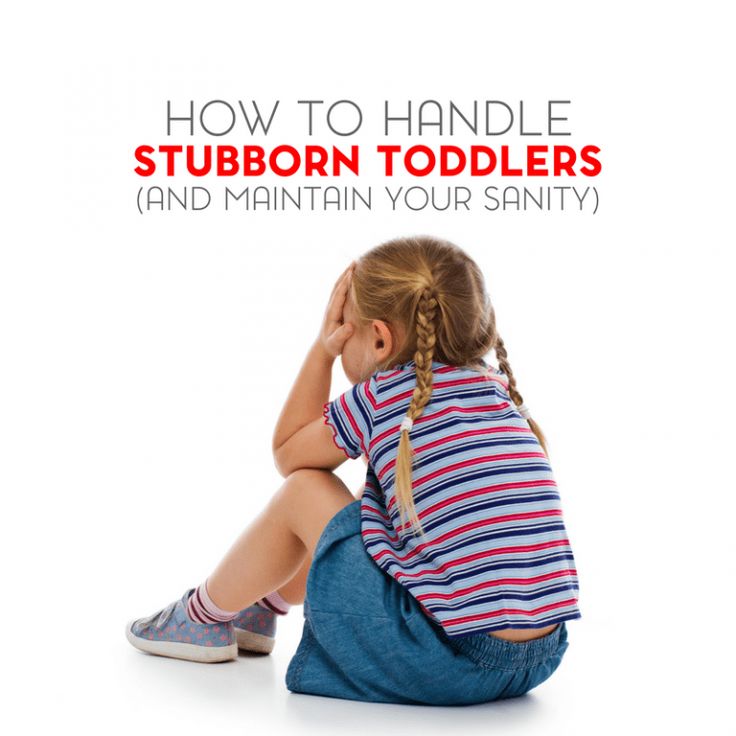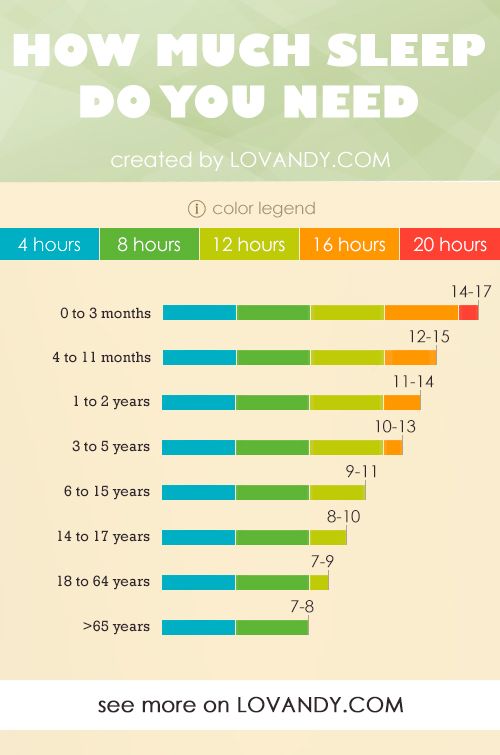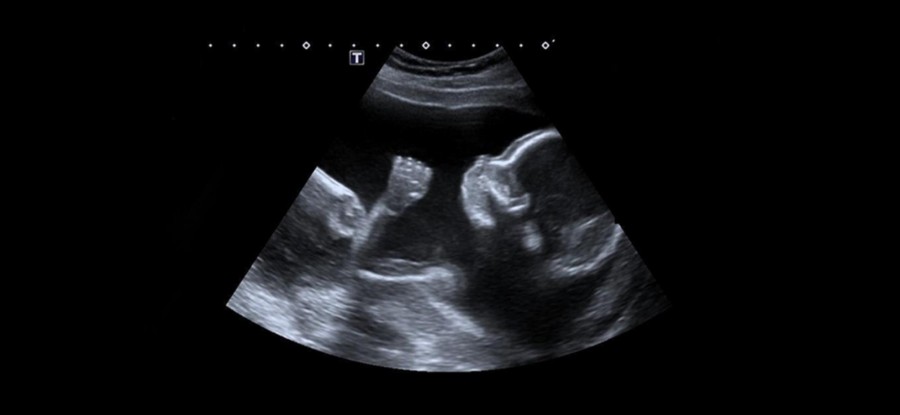Craving dairy during pregnancy
Craving Milk or Dairy During Pregnancy: What Does it Mean?
Whether you’re a cheese-a-holic or routinely prefer non-dairy alternatives, cravings for milk and other dairy products can pop up during pregnancy. Aside from ice cream, cravings for milk and other dairy are not always the most popular- but they still do happen! Are these cravings a sign of anything or simply another run-of-the-mill pregnancy craving?
Cravings for milk and other dairy products (hello, ice cream) are common during pregnancy. While there is no definite cause of these cravings, a hankering for a glass of milk can get you closer to meeting your daily calcium and phosphorus needs when pregnant. Similarly, indulging in cravings for sweetened dairy can be a healthy part of your pregnancy diet.
Aside from enjoying the flavor, there are a couple of other hypotheses as to what cravings for dairy mean. Likewise, many women crave specific types of milk.
I’ll break down what we know about milk and dairy cravings, including if temperature or flavors have any impact.
Please note that this article specifically deals with cravings only. The nutritional benefits of milk, and the recommended intake to help meet your nutritional needs is covered in a separate article.
Covered in this Article:
Craving Milk During Pregnancy: Does it Mean Anything?Pregnant women may crave milk or dairy products after hearing that these foods are good sources of important nutrients, like calcium and phosphorus (source: Nutrients).
Being told that milk and dairy products contain helpful nutrients to support a healthy pregnancy can incidentally lead women to subconsciously wanting to eat these foods, leading to cravings.
This same reason can also be seen with cravings for ice cream. Quite possibly the most iconic pregnancy craving, it can seem like nearly every pregnant woman seen on TV and in movies is tucking into a bowl of ice cream.
The expectation that you will crave ice cream and frozen dairy treats while pregnant can also increase cravings for these and similar foods.
Similarly, women who are deficient in these nutrients might get a hankering for these foods as their body’s natural way of trying to help increase calcium intake (source: Intermountain Healthcare).
During pregnancy, the mother’s body gives her own calcium stores (from bones) to her baby to help the little one’s bones develop. This is why it is important to get enough calcium daily, both to ensure your baby gets enough calcium and to protect your own calcium levels.
Not only are dairy products good sources of calcium, but protein and fat as well. If you are routinely not getting enough protein or fat in your diet or overall not eating enough calories to support you and your growing baby, this might also lead to cravings for nutritionally dense foods and drinks like milk.
Another, much more simple reason is that it is soothing or satisfying. Many women report finding warm milk in the evening to be calming. On the flip side, women will often crave an ice-cold glass of milk as a refreshing drink. It is possible that cravings for a specific temperature of milk (ie: warm or ice-cold) is more related to the temperature.
It is possible that cravings for a specific temperature of milk (ie: warm or ice-cold) is more related to the temperature.
Nostalgia and a delicious treat in a single glass (or cardboard half-pint carton), some women find themselves craving flavored milk, such as chocolate or strawberry.
As with other cravings, there isn’t one concrete reason for flavored milk cravings. Just like cravings for plain milk, craving flavored milk might be due to the drink’s high calcium content or refreshing taste.
Since flavored milks tend to be sweeter than plain milk, thanks to added sugars and flavored syrups, cravings for this type of milk can also fall under the “cravings for sweets” category.
Many women also experience intense food aversions while pregnant, one of the most common being milk. Flavored milk might be craved or a more appealing option since the flavoring masks the “milky” taste.
For more info on craving sweets when pregnant, check out our article that uncovers some of the possible reasons for these cravings.
Though flavored milks are typically higher in sugar than plain milk, that doesn’t make them off-limits.
Flavored milks still contain just as much protein, calcium, and phosphorus as plain milk- all nutrients that are important to support a healthy pregnancy! Considered a sugar-sweetener-beverage, flavored milks should be enjoyed in moderation, however.
Whether you purchase a commercially made (pre-flavored) option or choose to mix at home using a flavor powder/syrup, both are totally safe during pregnancy.
Chocolate milk does contain a very small amount of caffeine from the chocolate, but only around 2 milligrams per 8-ounce cup (source: US Dairy).
Is Craving Milk a Sign of Early Pregnancy?Nearly all women experience cravings at some point, but strong cravings- especially those for foods that they aren’t typically big fans of- are more common during pregnancy.
For some women, these cravings appear early, even before a missed period or positive pregnancy test. However, cravings tend to get stronger as pregnancy progresses, peaking in the second trimester (source: NHS).
Unfortunately, there are no specific food cravings that are a sure sign of pregnancy. So while early cravings can be a sign of pregnancy, the only way to be sure you are pregnant is a positive test and a trip to your medical provider.
Do Milk Cravings Help Predict Baby’s Gender?As the anticipation of meeting your little one grows, it is common to read into your pregnancy symptoms, looking for a clue as to your new addition’s gender. Cravings are notorious for old wives’ tales surrounding gender predictions- and cravings for milk are no different.
Anecdotally, during my brief online search of motherhood blogs, most women who craved dairy reported having boys. Unfortunately, there is no scientific link between cravings and gender, it’s all hearsay! So while it can be fun to use cravings to guess your baby’s gender, the best way to get a sneak peek is at your ultrasound appointments.
Whether you find yourself craving dairy or not during your pregnancy, hopefully this article has reassured you that these cravings are normal and not a sign of anything sinister. Though we don’t know the exact cause of milk cravings, enjoying dairy during pregnancy can help you meet your nutrition needs while satisfying cravings.
| This article has been reviewed and approved for publication in line with our editorial policy. |
Craving Cheese During Pregnancy? What it Means (or Not)
Last Updated on September 24, 2022
Have you been puzzled by your cheese craving during your pregnancy? What does it mean?
Craving cheese during pregnancy may mean you are deficient in specific nutrients it contains, including calcium or protein. However, craving cheese can also simply be due to hormonal changes that naturally occur during pregnancy.
Much information surrounding cheese cravings during pregnancy is misleading or flat-out false. So let’s dive into the truth surrounding craving cheese during pregnancy!
So let’s dive into the truth surrounding craving cheese during pregnancy!
Covered in this Article:
Why am I Craving Cheese During Pregnancy? Is it Normal?Craving cheese is very common during pregnancy and is not a cause for alarm or worry. In fact, 50-90% of women experience a craving for a specific food during their pregnancy (Source: Frontiers in Psychology).
They can be caused by hormone shifts, deficiencies in specific nutrients that the craved food contains, sociocultural factors, and more.
When it comes to craving cheese, it often indicates a lack of essential nutrients in the diet, including calcium. This food craving makes sense as calcium needs are very high during pregnancy to support strong bones, nerves, muscles, and much more (source: American Pregnancy Association).
Calcium works together with vitamin D, found in dairy products as well, to prevent the parathyroid gland from releasing a hormone that works to weaken and soften the bones (source: Johns Hopkins Medical School). This weakening of the bones is called osteoporosis and can lead to an increased risk of bone fractures.
This weakening of the bones is called osteoporosis and can lead to an increased risk of bone fractures.
Cheese cravings in pregnancy may also indicate a lack of adequate protein in the diet. The American Pregnancy Association recommends that pregnant women consume between 75 and 100 grams of protein daily.
Protein plays a role in the function of every body system from the muscular system to the immune system to the urinary system. Protein is found in meat, poultry, fish, dairy, such as cheese, and some vegetable sources, such as tofu.
Does Craving Cheese Mean I’m Having a Boy or Girl?It is a common myth that craving cheese during pregnancy may indicate whether or not you are having a boy or a girl. However, it is simply that – a myth! While it can be a fun guessing game of sorts, there is no scientific evidence that craving cheese means anything more than a nutritional deficiency or hormonal changes.
Is Craving Cheese an Early Sign of Pregnancy?Similarly to indicating whether you are having a boy or girl, many believe that craving cheese can be an early sign of pregnancy even before testing positive on a pregnancy test. Yet, this is a myth, and unfortunately there is no evidence to support it.
Yet, this is a myth, and unfortunately there is no evidence to support it.
If you crave cheese before being pregnant, it may again be due to nutrient deficiencies — or maybe you simply love cheese, and that’s okay too!
How to Safely Satisfy Cheese Cravings When PregnantWhen you crave cheese during your pregnancy, there are many safe options to help satisfy you. Cheese made with pasteurized milk is safe to consume during pregnancy. Pasteurization is the process of heating to high temperatures to kill bacteria and viruses that may be present.
Cheeses made with pasteurized milk include American cheese, cheddar cheese, Swiss cheese, and other hard cheeses. Thankfully, most of your favorite cheeses on the grocery store shelves are made from pasteurized milk.
Unfortunately, soft cheeses are best avoided during pregnancy since they are often made with unpasteurized milk and have an increased risk of Listeria, though improbable (source: American Pregnancy Association).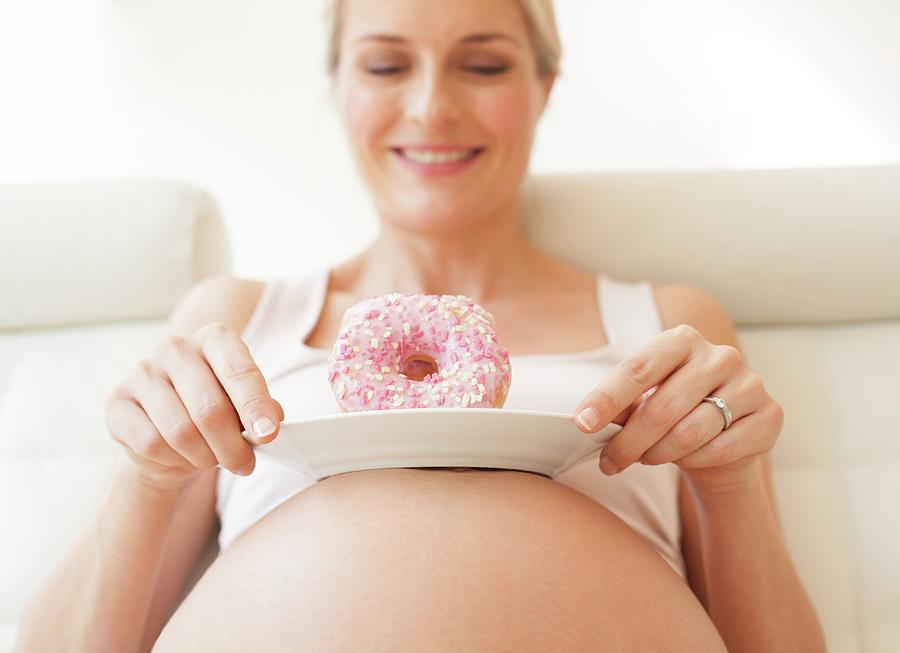
Soft cheese include Brie, Camembert, feta, and gorgonzola. Additionally, avoid Queso Fresco and Queso Blanco as they are often made with unpasteurized milk. The exception is that soft cheeses and Queso cheeses are safe for pregnant women if the packaging specifically states that they are produced with pasteurized milk.
We’ve put together a huge list of pregnancy-safe (and unsafe) cheeses for you to refer to, if you’re a cheese fan.
Additionally, it is essential to note that while cheese is high in calcium, it is also very high in fat. Consuming excess amounts of fat, even during pregnancy, is not recommended as it can lead to an increased risk of developing high blood pressure, high cholesterol, and other chronic health conditions. Therefore, enjoy your cheese in moderation!
I hope you found this article helpful in learning more about your cheese cravings and how to safely satisfy these common pregnancy cravings. If you’re craving dairy in general, then you might also be interested in our dairy craving explanation, too.
| This article has been reviewed and approved for publication in line with our editorial policy. |
Cravings during pregnancy: myth or fact?
Almost everyone believes that this is a common occurrence associated with pregnancy cravings.
There are many myths about pregnancy. Among them, traction is often discussed. Let's find out more about them and find out if they are a myth or a reality.
Cravings are defined as a strong appetite and are hardly worthless for some nutrition. Cravings can be sweet, refreshing, unusual, or aberrant in a normal diet. Women are in constant hormonal change , which may be indicative but has no scientific basis. There may be psychological reasons, anxiety …, Or wishes for attention and body care.
Almost everyone thinks that pregnant women have food cravings, from mouth-watering strawberries and cream to the wildest pairings , like pickles and chocolate.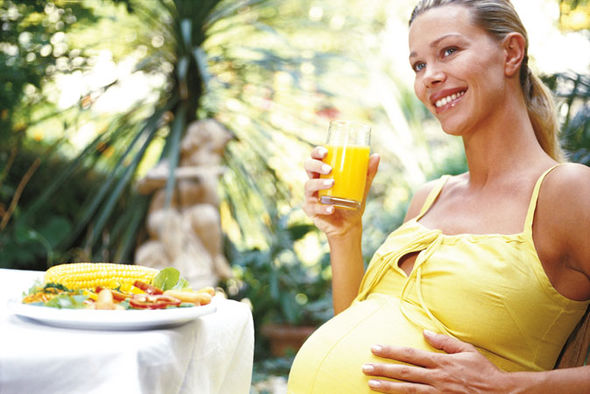 The figure of the father always appears, the one who, at odd hours, gives his beloved the opportunity to enjoy a moment of gastronomic pleasure.
The figure of the father always appears, the one who, at odd hours, gives his beloved the opportunity to enjoy a moment of gastronomic pleasure.
Index
- 1 History of cravings
- 2 More frequent cravings
- 3 Features of cravings
- 3.1 Truth of cravings
- 4 Relationship between desire and weight gain
- 4 Relationship between desire and weight gain 900 900
History of cravings
Some pregnant women crave certain foods, which can happen to other people at any point in their lives and without further complications. What is convenient is to be moderate in this regard, i.e. one should not give free rein to desires and eat uncontrollably whatever you want. In health, especially for the expectant mother in the first place.
Around the 1960s and 70s, something affected the proper nutrition of pregnant women, which negatively affected the development of children.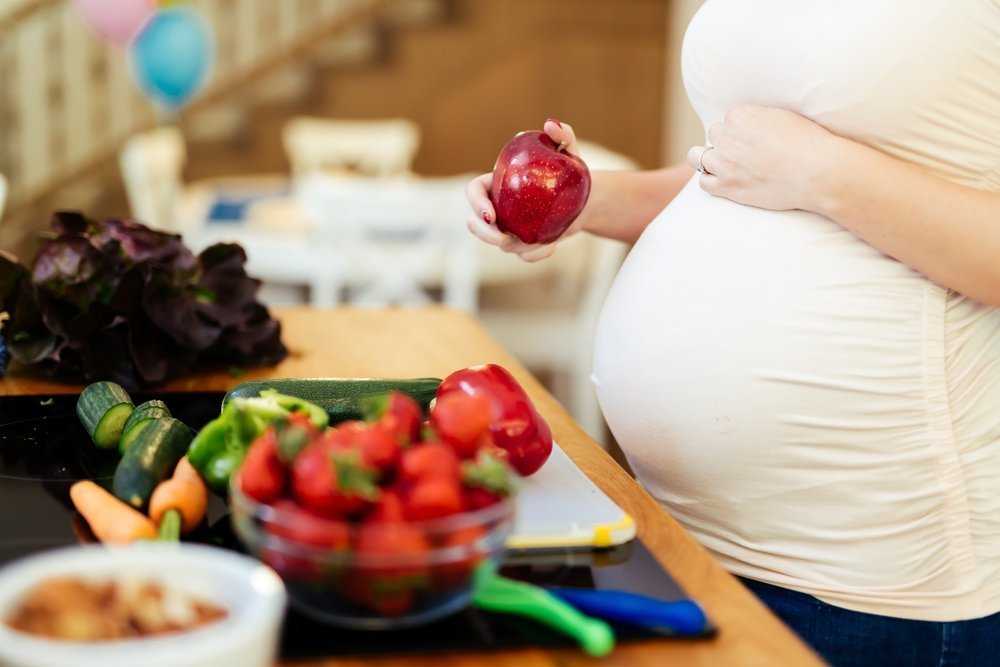 Years later The idea that pregnant women should overeat was still there to prevent it from happening again.
Years later The idea that pregnant women should overeat was still there to prevent it from happening again.
Today, pregnant women are fully supervised, they are even advised to gain weight and informed about the list of the most harmful foods for 9months. At this time, it may happen that during pregnancy the so-called "hunger hormone" is increased. This contributes to the regulation of energy metabolism.
More frequent cravings
The sweet taste of chocolate or pastry transcends the taste aspect and reaches the pregnant woman's brain for pleasure.
El the sweet taste surpasses the taste aspect and reaches the brain of a pregnant woman, giving pleasure That's why chocolate or pastries are so popular among pregnant women, and not only for them. Some examples :
- Ice : When taken, heat is better tolerated and they provide sugar. Cold helps with annoying nausea.

- Chocolates and chocolates : Enjoyment is guaranteed with them. This is a good antioxidant.
- Pretzels . They help to better cope with nausea.
- Pickles : Pregnant woman can choose any canned food. A strong aroma can cause appetite. It's the same with spicy food. They should be used with caution because they can cause stomach discomfort.
- Fruit, especially sour as in the case of strawberries. They contain a lot of vitamin C, and it is this level that decreases during pregnancy. He also provides the mother with sugar.
- Cheese and dairy products : It probably tastes so good that pregnant women need calcium. However, during pregnancy, you need to be very careful with cheeses and unpasteurized milk. They should be consumed in moderation. Yoghurts are healthy, fast and appetizing food.
Features of cravings
- There is such a thing as "Pica", in which pregnant women feel the desire to eat substances that are not food.
 eg dirt, chalk or stones. It has not been proven to have anything to do with the state of pregnancy.
eg dirt, chalk or stones. It has not been proven to have anything to do with the state of pregnancy. - The traditional saying guarantees that the sex of the unborn child if she is a girl, this is due to the consumption of sweets such as cakes or chocolate. If I were a child, cravings would be more salty and spicy, like chili peppers, tabasco, pipe... Obviously, a person's gender does not depend on food.
- Legends say that this unusual appetite causes child and if it is not satisfied, the child may develop spots of the shape or color of inedible food.
- Another idea is that in order to be considered a craving, you must desire junk food .
True cravings
- Baby no will suffer the consequences of as a result of not eating the desired food.
- La the body's need for nutrients, minerals or Vitamins , weakness ..., can make you crave special foods rich in them.
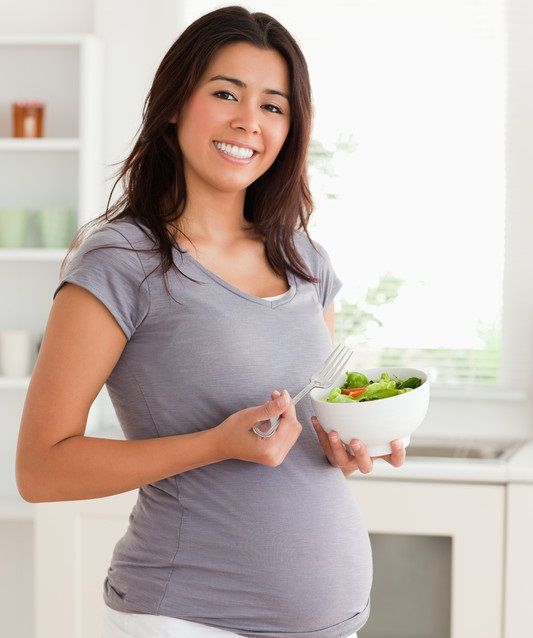
- Longing desire may be healthy .
- Pregnant women should not indulge in appetite and self-control. They must not eat for two .
Relationship between desire and weight gain
They say that in order to be considered a craving, you have to crave junk food.
A pregnant woman should take care of herself, follow a meal plan and eat the healthiest food possible. Gaining many kilograms is not optimal for either the mother or the child. , especially next day delivery. Ideally, gain about 10-12 kilograms, but medical control and the fact that it is he or she is important. The matron are those who guide the mother and help her in this process.
It is important to differentiate the age and starting weight from one pregnant woman to another, weigh whether she is doing sports normally, whether she leads an active lifestyle, whether she suffers from any disease, such as diabetes, obesity, and in this case, take the weight should be less than .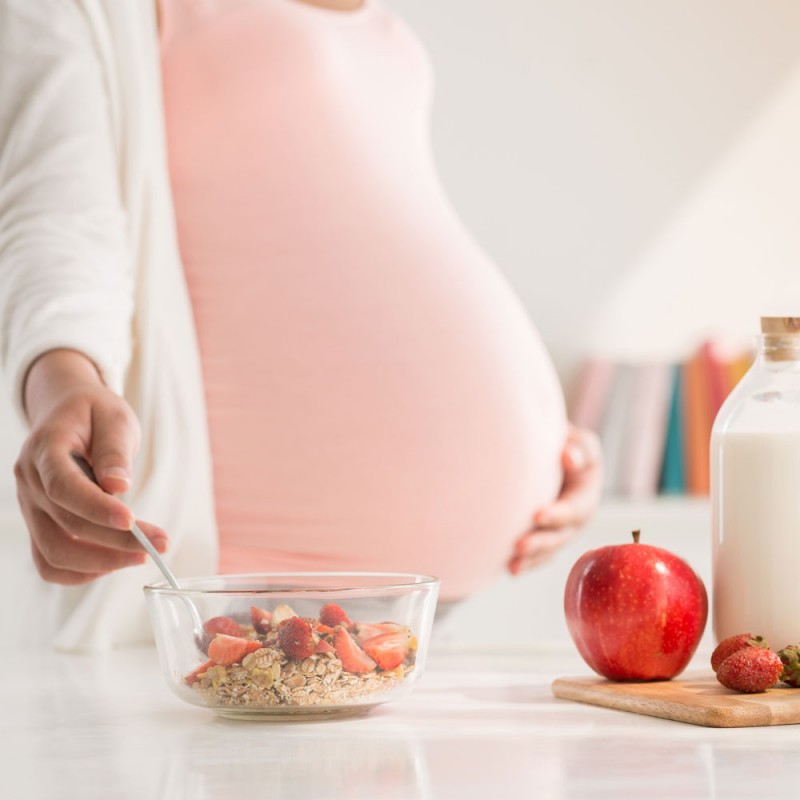 .. Cannot use the same scale for all . Even before pregnancy, a woman is advised, if she has not already done so, to start exercising and try to live as healthy a lifestyle as possible.
.. Cannot use the same scale for all . Even before pregnancy, a woman is advised, if she has not already done so, to start exercising and try to live as healthy a lifestyle as possible.
Drink plenty of water, eat plenty of fruits, vegetables, meat and fish. ... And avoid as many complex carbohydrates as possible, you need to eat rice or bread. Everything you need to fully nourish the table and meet the needs of mother and child. Weight is gained not only from eating, but also from the placenta amniotic fluid, baby, breast augmentation… everything will eventually make up the final weight, and on the day of delivery, some of this weight will disappear, and another in the following days, weeks or months.
How to deal with cravings?
In case of food cravings, it is best to make a meal plan and choose between foods with a higher nutritional content . You need to choose foods rich in proteins, vitamins . .. and eradicate "junk food" that does not do anything good. It is extremely important that pregnant women eat 5 meals a day (and that breakfast is the best meal of the day) so that their meals are not superfluous.
.. and eradicate "junk food" that does not do anything good. It is extremely important that pregnant women eat 5 meals a day (and that breakfast is the best meal of the day) so that their meals are not superfluous.
It is important and necessary to exercise daily, drink plenty of water, if possible 2 liters a day, try to lead a quiet life and seek support from family and close friends. Some simple and healthy cravings options are:
- Yogurt creamy.
- Black chocolate , some daily portion. Lower sugar content.
- Unsalted nuts . They promote fluid retention.
- White bread and pastries - by user whole grain flour and cereals . Promotes intestinal transit.
The content of the article complies with our principles of editorial ethics. To report a bug, click here.
You may be interested in
The cause of pregnancy food whims: it's not because their body lacks something
- Veronica Greenwood
- BBC Future
Sign up for our Newsletter “Context”: it will help you understand the events.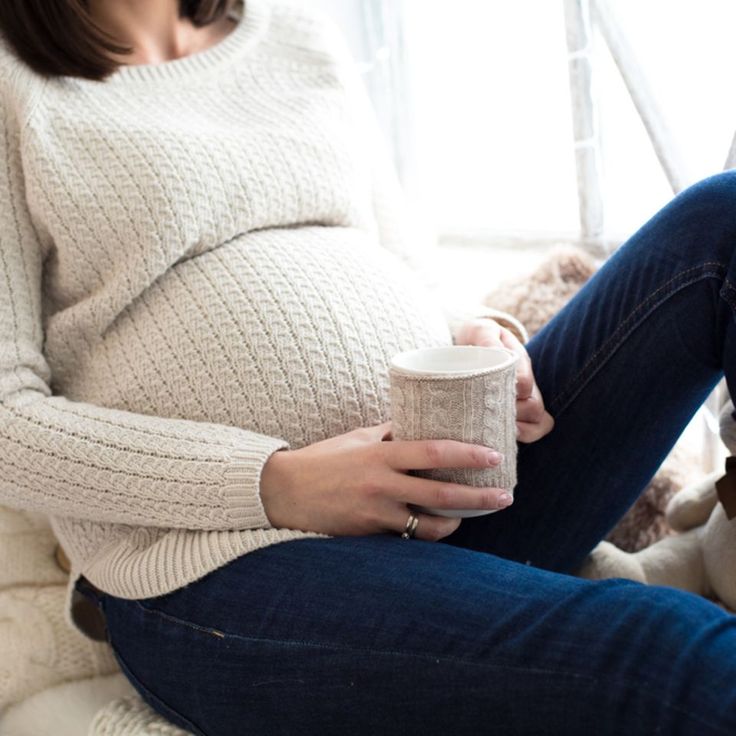
Image copyright Getty Images
What's behind pregnancy's weird eating habits? Most likely, not at all what we are used to thinking about.
We have all heard stories a thousand times about a pregnant woman who, in the middle of the night, wanted a pickled cucumber with ice cream so much that she sent her husband in search of the desired products. Or who passionately wants chocolate - but not any, namely one that cannot be found in stores nearby.
However, why "heard"? Perhaps you yourself experienced an inexplicable desire to eat something special when you were pregnant.
Often they try to explain this by saying that the food whims of pregnant women occur due to the fact that their body (or the body of a developing fetus) suddenly needed certain nutrients, and there is even something attractive, touching in such an explanation.
In the end, bearing a child is a difficult, long, not always pleasant and sometimes mysterious process.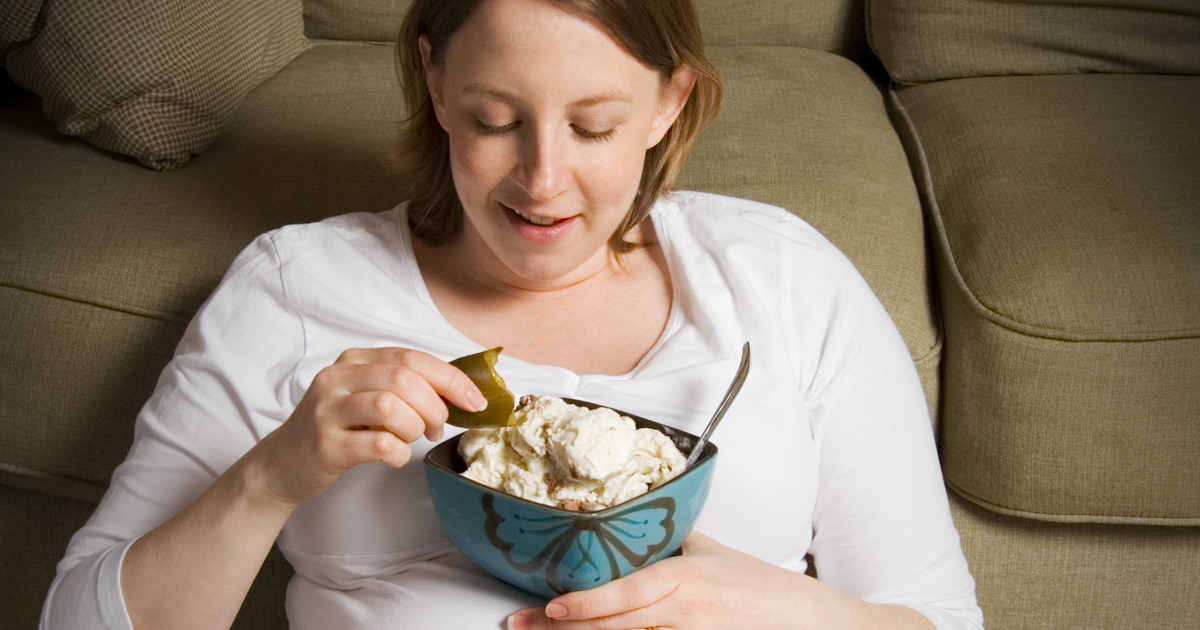 And if a burning desire to urgently eat a burger, or even two, has such a good reason - well, so be it.
And if a burning desire to urgently eat a burger, or even two, has such a good reason - well, so be it.
However, when you look at the scientific research on this phenomenon, things turn out to be much more complex and fascinating.
Researchers found that the food whims of pregnancy (as a concept) did not exist in all cultures.
And in those non-English speaking countries where pregnant women sometimes report their sudden food cravings, they want something completely different than, for example, women in the US and the UK. For example, in Japan, most often they want such a prosaic thing as rice.
- Why you shouldn't trust the craving to eat
- Why you want to eat the earth
- Three pregnancy myths: food, pain and airplanes
Skip the Podcast and continue reading.
Podcast
What was that?
We quickly, simply and clearly explain what happened, why it's important and what's next.
episodes
The End of the Story Podcast
Going further, studies that have tried to find out whether the body gets the special nutrients it needs from the foods that pregnant women most often want to eat have found no evidence of this.
In fact, women who reported cravings for food ended up gaining much more weight than is considered healthy during pregnancy as a result, which could lead to more complications.
This, however, does not mean that women invent all their desires. And the fact that the reasons for their whims are completely different, they are not dictated by biochemical need.
Understanding why people suddenly crave certain foods in the first place can help, says Julia Hormes, a professor of psychology at the State University of New York at Albany, who studies food cravings in a variety of ways.
For example, she says that about 50% of women in the US report craving chocolate during the week leading up to their period.
The scientists decided to investigate whether this craving is due to certain nutrients in chocolate that are important for menstruation, or whether it reflects hormonal changes.
Image copyright, Getty Images
Image caption,Food vagaries may be related to the psychology or cultural traditions of a particular society
In one experiment, a psychologist gave women a box and asked them to eat its contents when they suddenly felt like eating something.
Some of the boxes contained milk chocolate, which had all the usual chocolate ingredients and also had a nice melt-in-your-mouth sweet sensation.
Others have white chocolate that does not contain cocoa solids (which give milk and dark chocolate its dark color) but still has a pleasant texture.
Third, cocoa candies with all the nutrients of cocoa, but without the mouthfeel that chocolate does.
It turned out that white chocolate had the greatest success in satisfying desires, which suggests that whims are not spurred on by any particularly useful cocoa ingredients.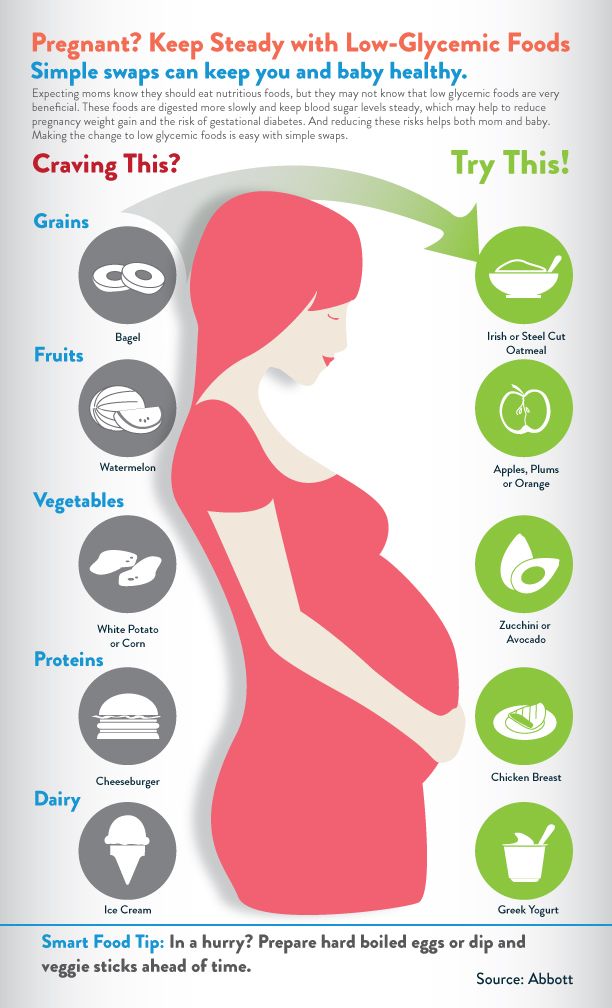
Other studies of "chocolate whims" have not been found to be associated with hormone levels.
In fact, even during menopause, women continued to feel the desire to eat chocolate, Horms emphasizes, they simply began to attribute it to other reasons.
All this brings us to the conclusion that the source of food vagaries is in psychology or in cultural traditions. A craving for a cookie, a chocolate bar, or a bag of chips can start as a simple thought and then grow bigger and bigger, becoming an obsession that is hard to resist.
At the same time, thoughts of something delicious can coexist with feelings of guilt.
- Coronavirus and pregnancy: what are the risks for expectant mothers?
- "During my pregnancy I lost 20 kg - the doctors didn't understand what was going on"
- Why pregnancy is not a hindrance to sports by definition, and on the other hand, the culture in which I live tells me that I should not eat it.
 I really want it, but I can’t ... "And this has its consequences.
I really want it, but I can’t ... "And this has its consequences. In particular, if you hold yourself back for a long time and you already have a barrier in your head (you are not allowed to eat this food!), it will be extremely difficult to resist and not lose control of your desires when you reach for a forbidden treat.
And then, after eating a piece of cake, instead of feeling satisfied and doing something else, you eat three more pieces.
Adding fuel to the fire is the fact that women during pregnancy can limit themselves to certain foods - either by following a healthier diet or following the recommendations of a doctor.
Image copyright, Getty Images
Image caption,Eating a piece of chocolate regularly can keep you from falling into uncontrollable devouring of tiles
All of these circumstances give rise - at least in some countries of the world - to situations in which food cravings are more frequent and more likely to occur and are harder to control, which can lead to, say, weight gain.

In addition, during pregnancy, a woman's whims in eating are not customary to condemn.
"In our culture, there are certain moments and situations in life when women are not judged for eating foods that are normally supposed to be avoided," says Horms. "PMS and pregnancy, for example, are considered such situations in society."
- What if women had complete control over when and from whom to get pregnant?
- Medical myths about childbirth: the exact date, spicy food, and the waste of water
Understanding what leads to a craving to eat something can prevent the transition from just thinking about cake to eating cake, Hormes emphasizes.
One way is to use distractions, both visual and, for example, olfactory. The other is, with the help of self-contemplation and awareness achieved in meditation, to recognize the presence of desire and let it go, let it go.

